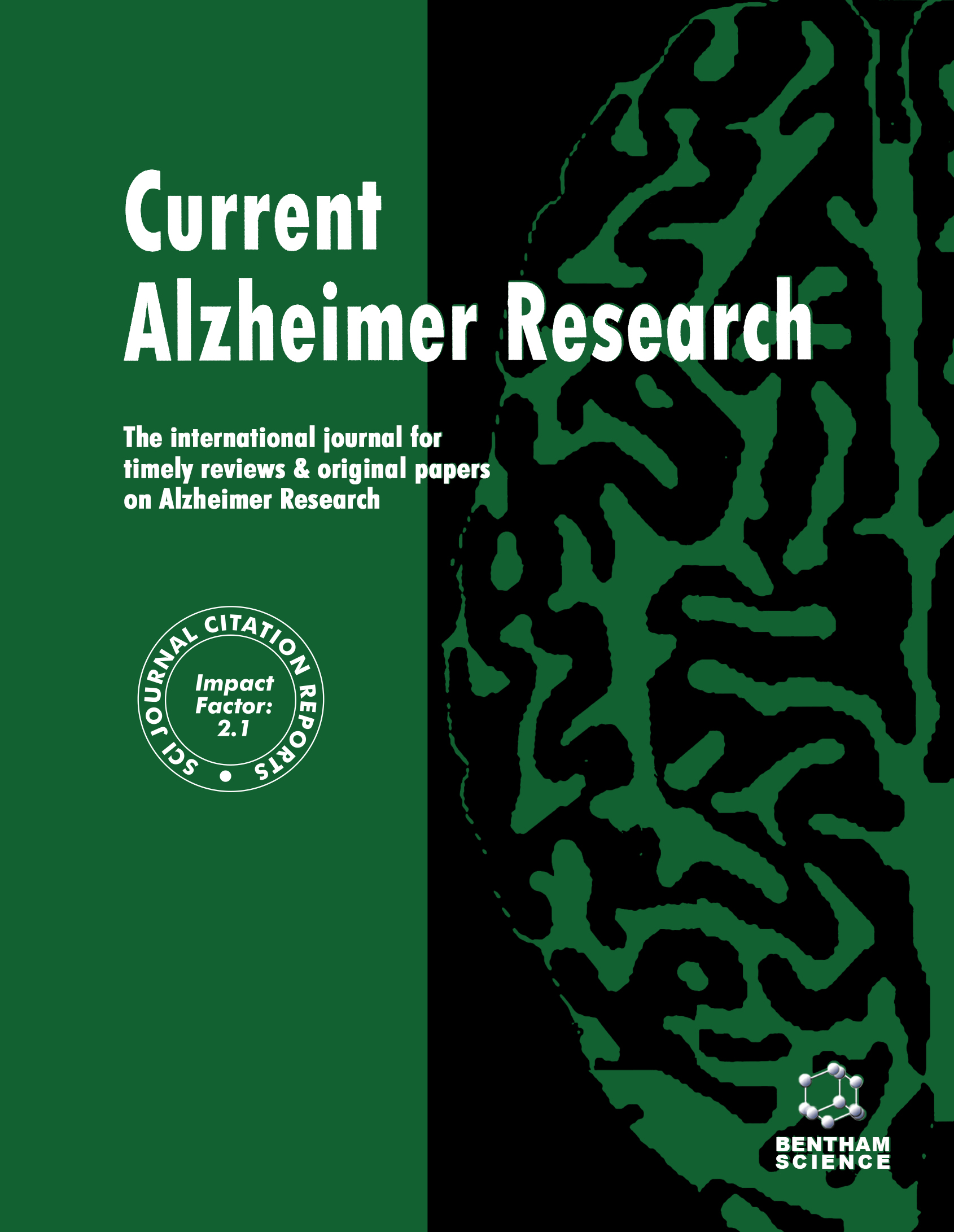-
s The BET-Bromodomain Inhibitor JQ1 Reduces Inflammation and Tau Phosphorylation at Ser396 in the Brain of the 3xTg Model of Alzheimer’s Disease
- Source: Current Alzheimer Research, Volume 13, Issue 9, Sep 2016, p. 985 - 995
-
- 01 Sep 2016
Abstract
Background: Alzheimer’s disease (AD) is a progressive neurodegenerative disease characterized by welldefined neuropathological brain changes including amyloid plaques, neurofibrillary tangles and the presence of chronic neuroinflammation. Objective: The brain penetrant BET bromodomain inhibitor JQ1 has been shown to regulate inflammation responses in vitro and in vivo, but its therapeutic potential in AD is currently unknown. Method: Three-month-old 3xTg mice were injected once a day with JQ1 (50 mg/kg) or vehicle for 15 weeks. At the end of the treatment learning and memory was assessed using the modified Barnes maze and the Y maze behavioral tests. Tissue from the brain and other organs was collected for molecular evaluation of neuroinflammation tau pathology and amyloid β. Results: JQ1 treatment reduced splenomegaly and neuroinflammation in the brain of treated mice where we observed a reduction in the expression of the pro-inflammatory modulators Il-1b, Il-6, Tnfa, Ccl2, Nos2 and Ptgs2. Additionally, JQ1-treated mice showed a reduction of tau phosphorylation at Ser396 in the hippocampus and frontal cortex while total levels of tau remained unaffected. On the other hand, JQ1 did not ameliorate learning and memory deficits in 7-month-old 3xTg mice. Conclusion: Taken together, our data suggest that BET bromodomain inhibitors hold the promise to be used for the treatment of neurological disorders characterized by neuroinflammation.


